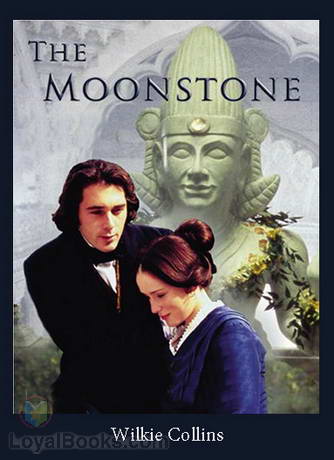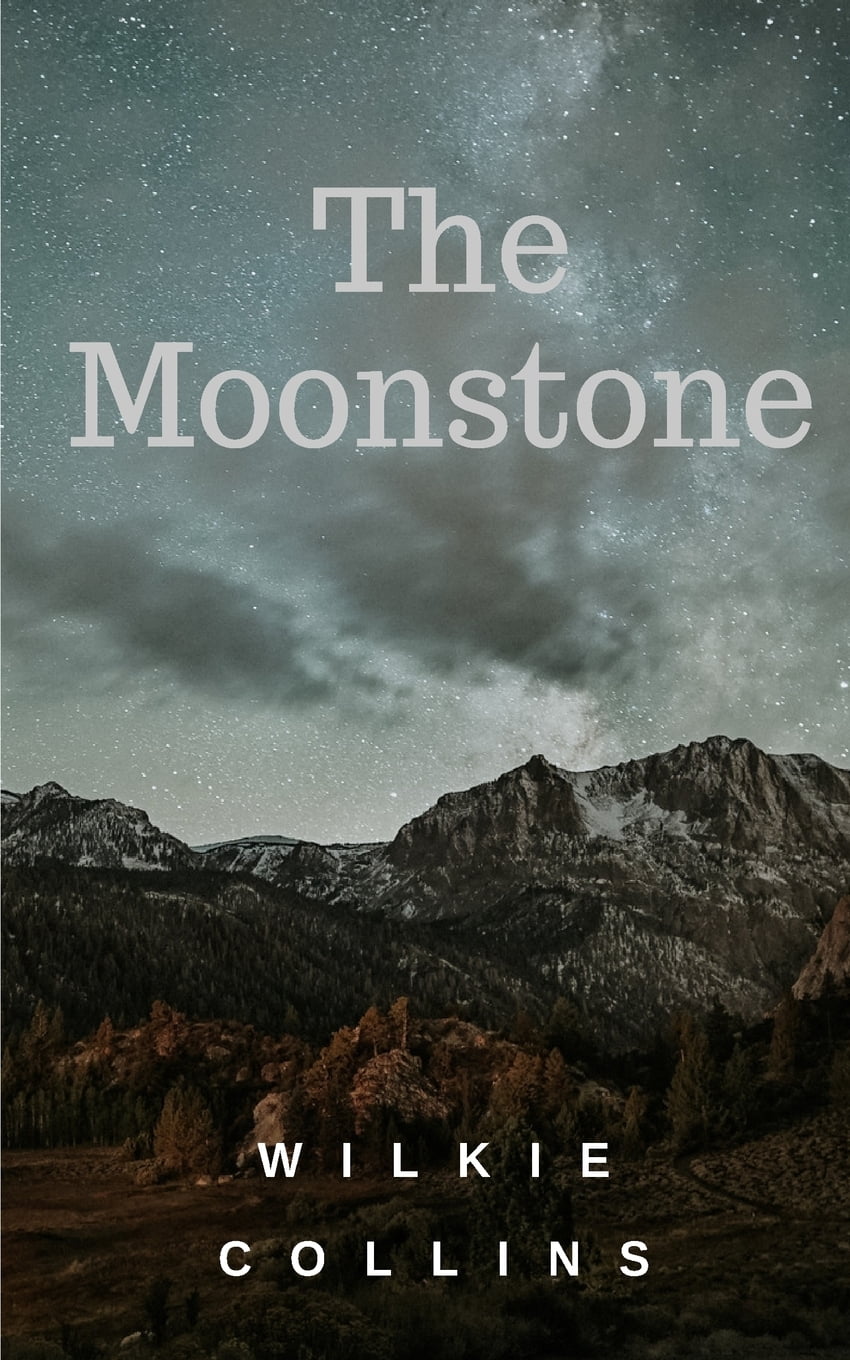

Collins signalled his ambitions for the book in the preface to the first edition, in which he wrote: "In some of my former novels, the object proposed has been to trace the influence of circumstances upon character. However, although this is classic detective fiction, its greatness really lies in its qualities as a novel. A quest ensues in which, after murder and marriage, the Moonstone is restored to its Indian source.


Mid-century, this "moonstone" is given to a young Englishwoman, Rachel Verinder, on her 18th birthday and then mysteriously disappears. The Indian factor imbues the tale with the sinister mystery of the east.

It connects every detail of the plot to the great imperial drama of India, the society over which Queen Victoria would eventually declare herself "Empress". The original crime in The Moonstone, the theft of the Tippoo diamond after the fall of Seringapatam, is Collins's masterstroke. The Moonstone has this, and more, all of it brilliantly executed. Finally, there's a denouement replete with surprise, excitement and a plausible solution. Its influence continues to animate the work of crime writers such as PD James.Ĭertainly, Collins adheres faithfully to the rules of detective fiction: a mysterious and compelling crime takes place in an English country house a large cast of potential suspects is assembled, each with plenty of motive, means and opportunity an incompetent constabulary is replaced by a celebrated sleuth/ investigator who, after a "reconstruction" of key elements in the crime, comes up with a satisfying explanation of the puzzle, based on a brilliant analysis of the clues. Dorothy L Sayers, a queen of crime in the 1930s and 40s, echoing Eliot, pronounced it "probably the finest detective story ever written". TS Eliot, claiming that the genre was "invented by Collins and not by Poe", declared it to be "the first, the longest and the best of modern English detective novels". The Moonstone is often said to be the godfather of the classic English detective story, its founding text.


 0 kommentar(er)
0 kommentar(er)
